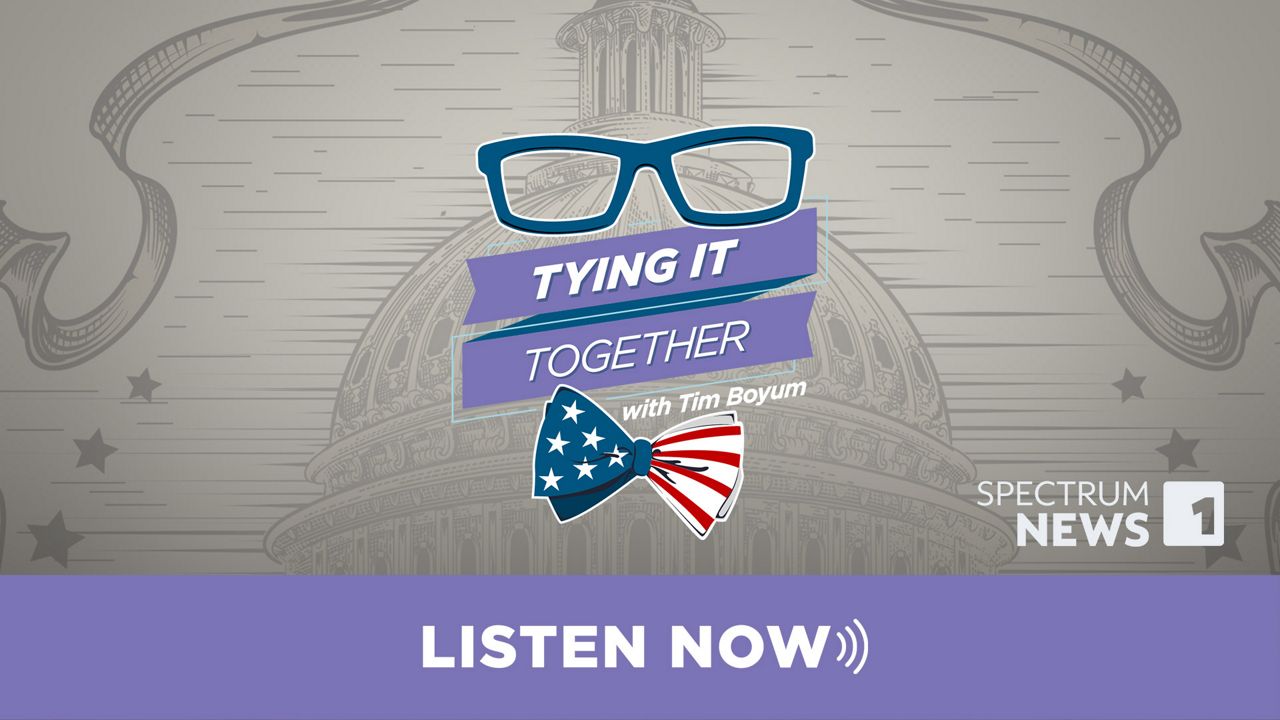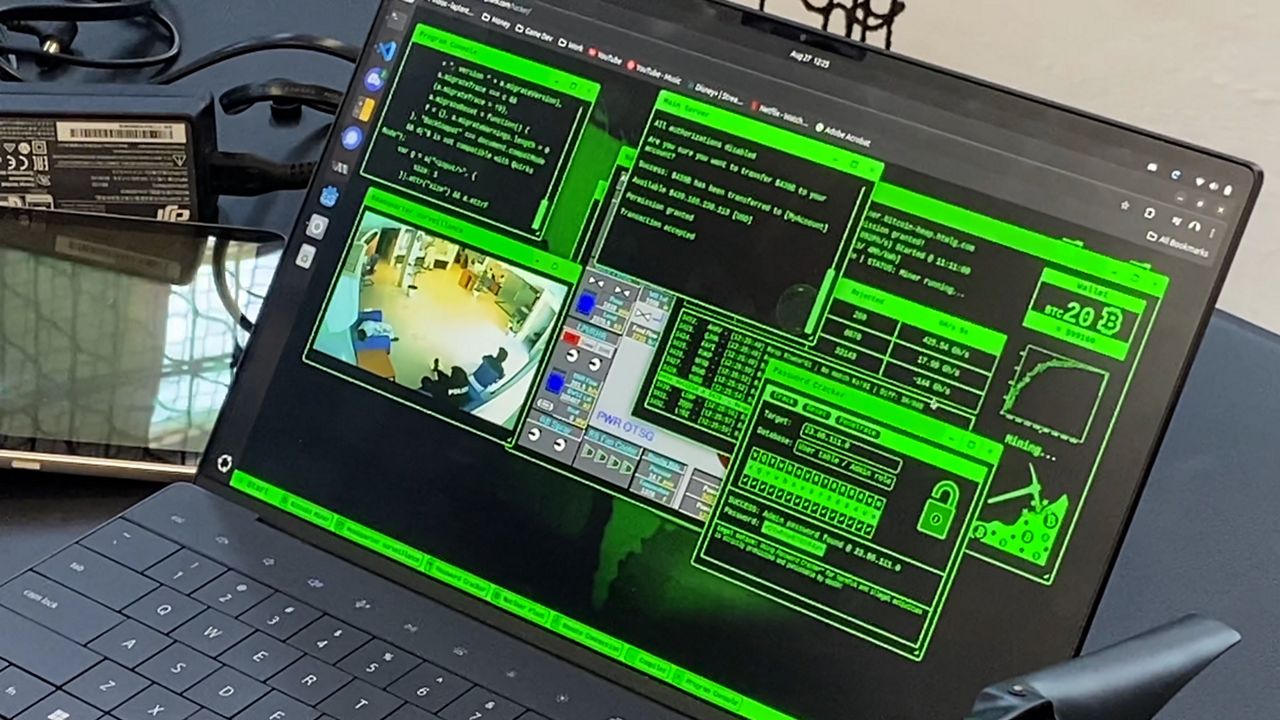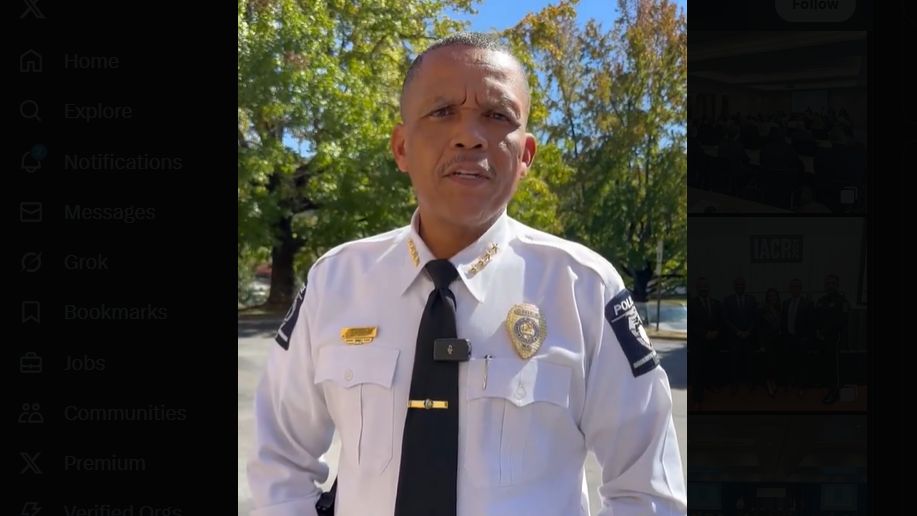GREENSBORO, N.C. -- Governor Cooper recently signed the Opioid Response Act into law, reversing the ban on state funds going towards syringe exchange programs.
- GCSTOP is one local program that has a syringe program as well as overdose prevention and rehab information.
- The organization's navigator says this should make it easier to budget when they get state funding and grants.
- They say that one of the largest things that needs to change is the stigma around drug users and syringe programs.
GCSTOP is one local program that has a syringe program as well as overdose prevention and rehab information.
The organization's navigator, Chase Holleman, says this should make it easier to budget when they get state funding and grants.
The director of Urban Survior's Union, another organization that helps drug users, says it's good the general assembly passed the bill, but that it doesn't solve the problem.
"It's not going to affect us. North Carolina hasn't put any funds towards syringes and it's not in sight," Louise Vincent said.
While they work for funds, they both agree that one of the largest things that needs to change is the stigma around drug users and syringe programs.
"No matter what we've done, if we threaten to put them in cages they still use drugs. If they overdose they still use drugs so what we do, harm reduction, is the acceptance that people are going to do things no matter what we tell them and to reduce the risk associated with it," Holleman said.
More information on GCSTOP can be found here, and information on Urban Survivor's Union can be found here.









